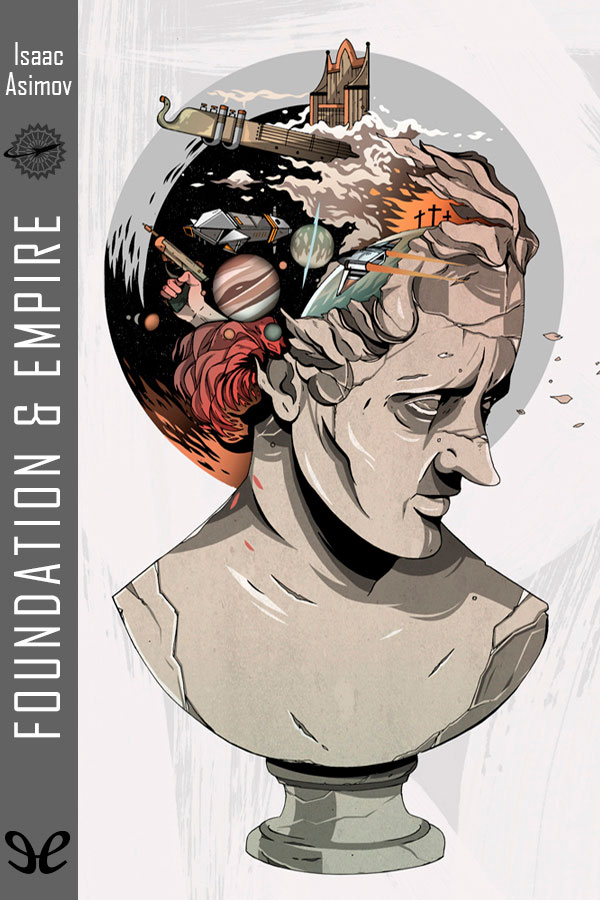Highlights from Foundation and Empire by Isaac Asimov

Highlights from this book
-
“You are said to be young. Thirty-five?” “Near enough. Thirty-four.” “In that case,” said Barr, with soft emphasis, “I could not begin better than by informing you regretfully that I am not in the possession of love charms, potions, or philtres. Nor am I in the least capable of influencing the favors of any young lady as may appeal to you.” “I have no need of artificial aids in that respect, sir.” The complacency undeniably present in the general’s voice was stirred with amusement. “Do you receive many requests for such commodities?” “Enough. Unfortunately, an uninformed public tends to confuse scholarship with magicianry, and love life seems to be that factor which requires the largest quantity of magical tinkering.”
-
“The Foundation itself told you they aimed at Galactic dominion?” “Told me!” Riose was violent again. “It was not a matter of telling me. The officials said nothing. They spoke business exclusively. But I spoke to ordinary men. I absorbed the ideas of the common folk; their ‘manifest destiny,’ their calm acceptance of a great future. It is a thing that can’t be hidden; a universal optimism they don’t even try to hide.”
-
“The laws of history are as absolute as the laws of physics, and if the probabilities of error are greater, it is only because history does not deal with as many humans as physics does atoms, so that individual variations count for more.
-
“This Mule is a madman. Can he defeat the universe?” He faltered and sat down to seize Randu’s wrist, “Our few survivors have reported the Mule’s poss … enemy’s possession of a new weapon. A nuclear-field depressor.” “A what?” Ovall said, “Most of our ships were lost because their nuclear weapons failed them. It could not have happened by either accident or sabotage. It must have been a weapon of the Mule. It didn’t work perfectly; the effect was intermittent; there were ways to neutralize—my dispatches are not detailed. But you see that such a tool would change the nature of war and, possibly, make our entire fleet obsolete.”
-
Ebling Mis’s house in a not-so-pretentious neighborhood of Terminus City was well known to the intelligentsia, literati, and just-plain-well-read of the Foundation. Its notable characteristics depended, subjectively, upon the source material that was read. To a thoughtful biographer, it was the “symbolization of a retreat from a nonacademic reality,” a society columnist gushed silkily at its “frightfully masculine atmosphere of careless disorder,” a University Ph.D. called it brusquely, “bookish, but unorganized,” a nonuniversity friend said, “good for a drink anytime and you can put your feet on the sofa,” and a breezy newsweekly broadcast, that went in for color, spoke of the “rocky, down-to-earth, no-nonsense living quarters of blaspheming, Leftish, balding Ebling Mis.”
-
“And you see a way out?” “No, but there must be one. Maybe Seldon made no provisions for the Mule. Maybe he didn’t guarantee our victory. But, then, neither did he guarantee defeat. He’s just out of the game and we’re on our own. The Mule can be licked.” “How?” “By the only way anyone can be licked—by attacking in strength at weakness.